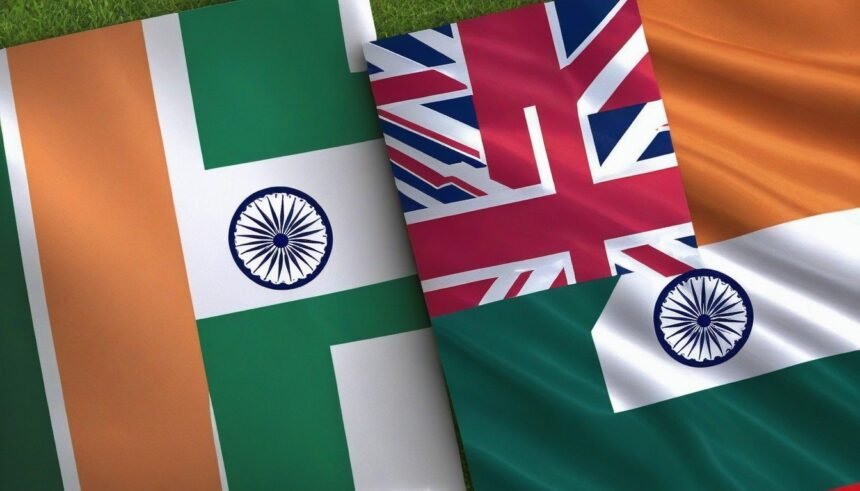
Exploring the Dynamics: What the UK-India Free Trade Agreement Means for Electric Vehicles“
UK is eyeing some sweet customs duty breaks on electric vehicle exports to India as part of the ongoing UK-India Free Trade Agreement talks. According to a mysterious insider, nothing’s set in stone yet, but there’s a push for concessions on a set number of vehicles each year.
India’s electric vehicle scene is like a hotshot attracting global biggies. The UK, looking to kick ICE (internal combustion engine) vehicles to the curb by 2035, is eager to dive into India’s growing EV market. They usually send their cars to Europe, but now, they’re sniffing around for new opportunities.
An unnamed source spilled the beans, saying the UK’s trying to snag concessions on electric vehicles as part of the UK-India Free Trade Agreement negotiations. India’s Economic Survey thinks the EV market could hit a whopping one crore units in sales by 2030, creating around five crore jobs. In 2022, roughly 10 lakh EVs rolled off the lots.
With the EV hype on the rise, India’s throwing out incentives left and right to boost local manufacturing. Even Tesla’s getting a sweet deal to set up shop in India. There’s a bag full of cash – Rs 18,100 crore – for advanced chemistry cell (ACC) battery storage and another hefty sum of Rs 26,058 crore for the auto, auto-components, and drone industries.
With the Nexon EV, Tiago EV, and Tigor EV, Tata Motors is the cool kid on the block when it comes to passenger electric vehicles. The India-UK Free Trade Agreement talks are currently a rollercoaster. After thirteen rounds, they’re dealing with complicated topics like intellectual property rights (IPRs), automobiles, medical technology, social security, pros moving around, origin regulations, and, of course, discounts on electric cars, scotch whisky, lamb meat and chocolates. They are also discussing relaxation of insurance and banking regulations.
The goal is to conclude the UK-India Free Trade Agreement negotiations by Diwali in October 2022, having begun in January 2022. However, as luck would have it, political unrest in the UK threw a wrench in the plans. A true page-turner, the deal is divided into 26 chapters that cover investments, intellectual property rights, goods, and services.

